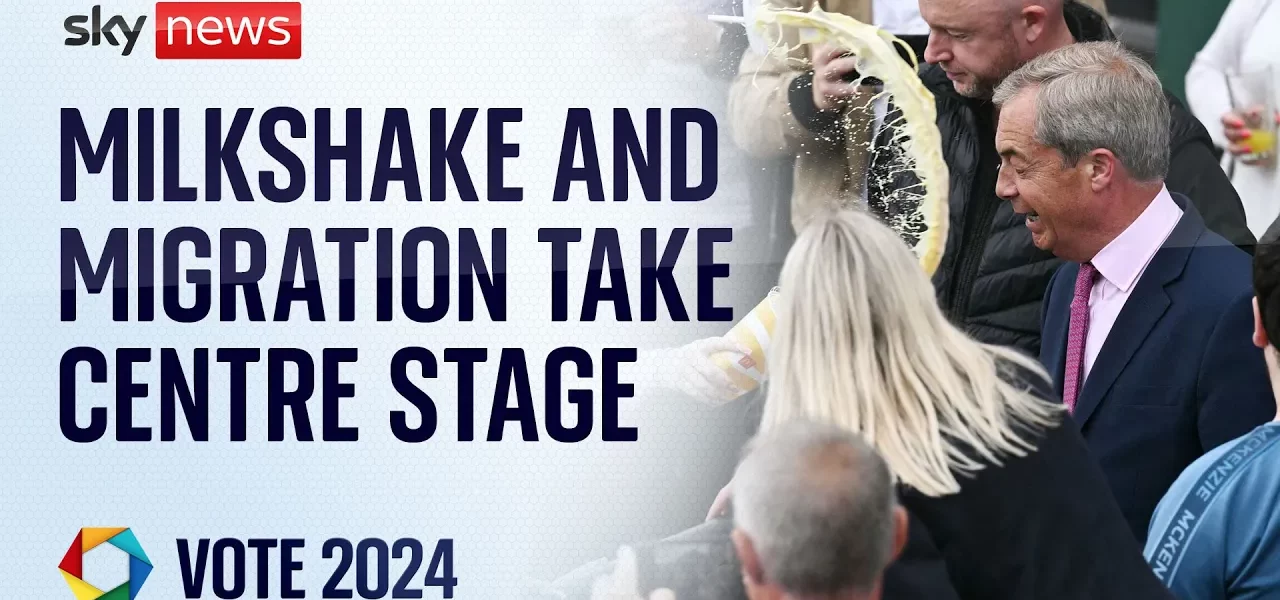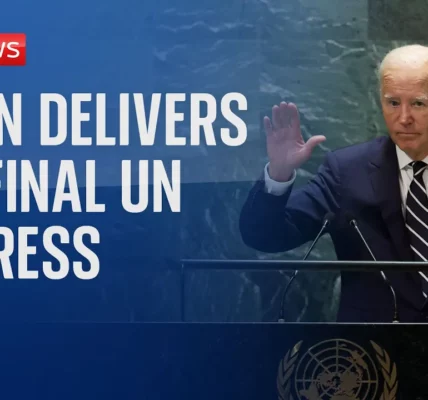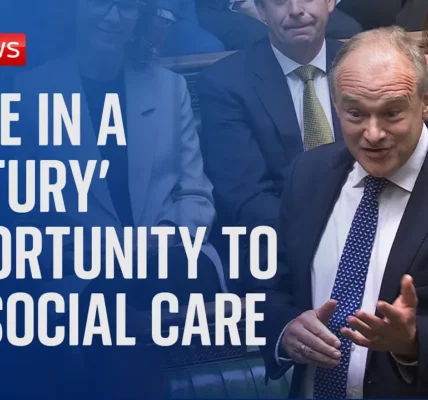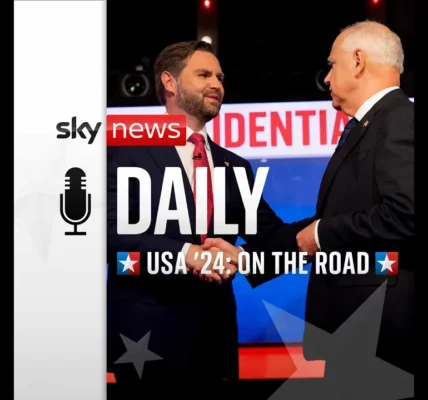UK Political Campaigns: Analysis of Strategies and Public Engagement

This article provides an in-depth analysis of the current political campaigns in the UK, examining the strategies employed by various parties, key figures’ actions, and the public’s responses. From immigration policies to public engagements, we delve into the significant movements shaping the political landscape.
Introduction
As the political landscape in the UK evolves, various parties are ramping up their campaigns in anticipation of the upcoming elections. Each party’s approach reflects its core values and strategies to connect with voters. In this article, we will explore the latest campaign activities of the Conservatives, Labour, Liberal Democrats, and Reform UK, highlighting their key messages and public interactions. This analysis aims to provide clarity on how these political strategies may influence voter sentiment and electoral outcomes.
Conservative Party Campaigning
The Conservative Party, led by Home Secretary James Cleverly, has taken its campaign to Rochester, where significant emphasis has been placed on immigration policies. Cleverly’s proposal for a cap on worker and family visas is a strategy aimed at addressing public concerns regarding immigration levels.
Key Points of the Conservative Campaign
- Proposed immigration cap to limit the number of work and family visas issued annually.
- Emphasis on traditional conservative values such as national service and tax breaks.
- Efforts to regain public trust after perceived failures in managing immigration.
Public Reception
While Cleverly claims a 10% fall in legal migration due to recent policies, skepticism remains among voters. Many question whether the Conservatives can successfully address immigration issues and restore trust among their base.
Labour Party Engagements
The Labour Party, under the leadership of Keir Starmer, has been actively engaging with voters in various locations, including Bolton and Stoke. Their campaign focuses on addressing concerns about immigration and labor standards.
Strategic Focus Areas
- Development of a skills strategy to reduce reliance on work visas.
- Commitment to enforcing labor standards and holding non-compliant employers accountable.
- Targeting voter concerns regarding immigration with a proactive approach.
Public Interactions
Starmer’s low-key entrance to meet pensioners in Bolton highlights Labour’s strategy to connect with older demographics, a crucial voting bloc. The party’s approach aims to reassure voters who may feel uncertain about immigration policies.
Liberal Democrats’ Campaigning
The Liberal Democrats, spearheaded by Ed Davey, have been active in various constituencies, including Che and North Shropshire. Their campaign efforts include engaging with local communities and addressing key issues.
Campaign Highlights
- Focus on local issues and community engagement.
- Utilization of social media and photo opportunities to enhance visibility.
- Addressing voter concerns on immigration and social policies.
Public Engagement Strategies
Ed Davey’s appearances have been characterized by informal interactions with voters, reinforcing the party’s commitment to local issues and responsiveness to public concerns.
Reform UK’s Rising Influence
Reform UK, led by Nigel Farage, has re-entered the political scene with a campaign focused on immigration and national identity. Farage’s recent activities in Clacton have attracted significant attention, including a controversial incident involving a thrown milkshake.
Key Messages from Reform UK
- Criticism of the Conservative Party’s handling of immigration.
- Promotion of a nationalist agenda appealing to traditional conservative voters.
- Focus on local issues that resonate with constituents in Clacton.
Public Reactions and Controversies
The incident of the milkshake being thrown at Farage is a microcosm of the divisive nature of his politics. While he draws large crowds, his controversial stances on immigration continue to polarize public opinion.
Conclusion
The current political campaigns in the UK showcase a diverse array of strategies and messaging from the main parties. The Conservatives are trying to regain voter trust through immigration caps, while Labour aims to address public concerns about labor standards and immigration. Meanwhile, the Liberal Democrats focus on local engagement, and Reform UK, led by Nigel Farage, seeks to capitalize on nationalist sentiments. As the elections draw near, it will be crucial for voters to consider how these strategies align with their values and concerns.
For more information on the political landscape and updates on the upcoming elections, explore our related articles on UK politics.
“`




